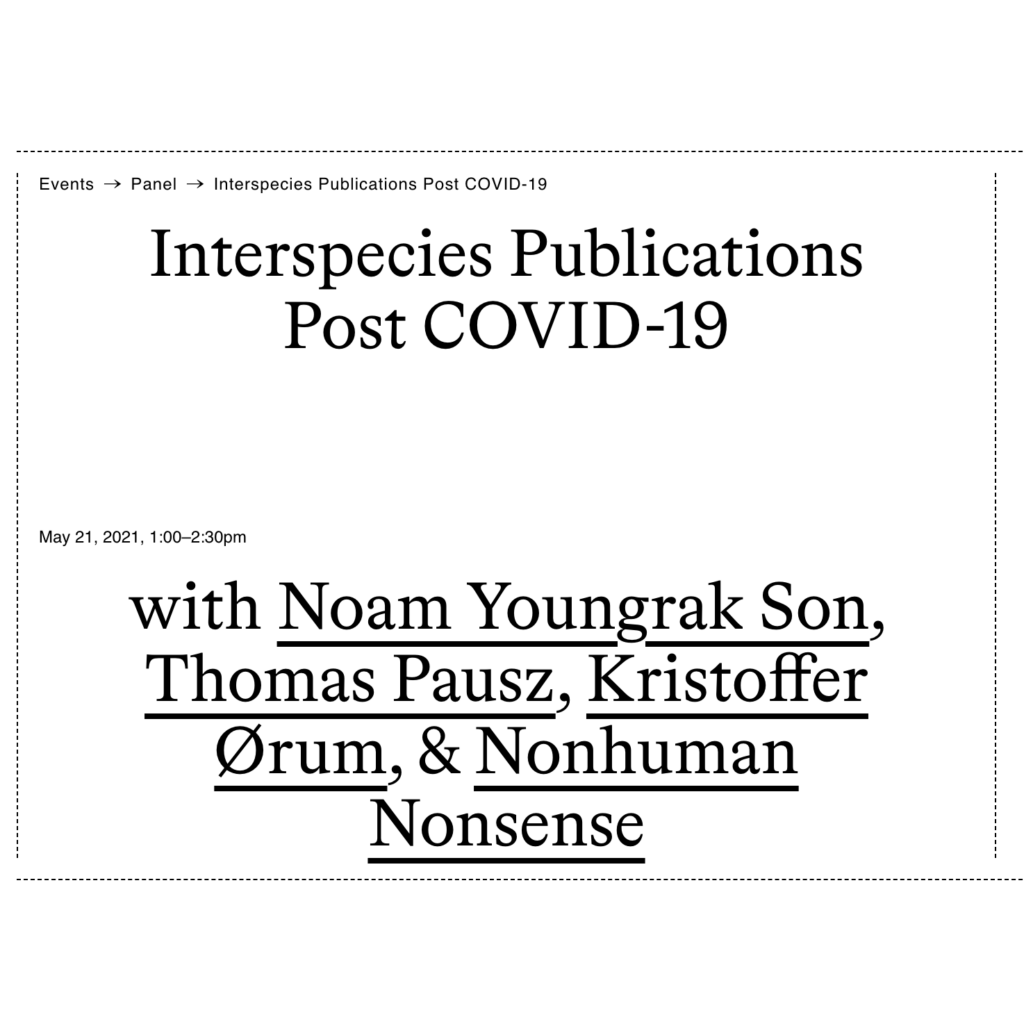
NON FLOWERS @ CENTRE FOR BOOK ARTS
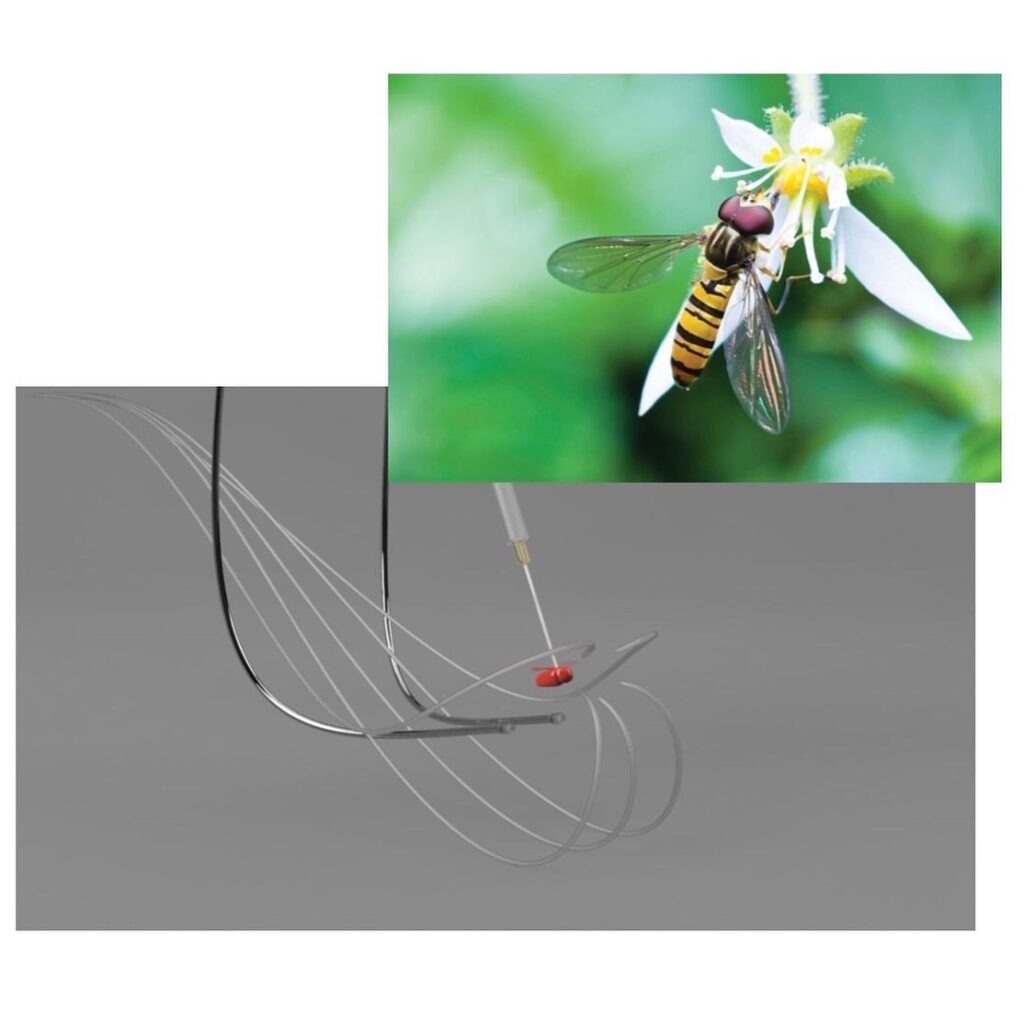
BIODIVERSITY & MEDIA @ DESIGN TALKS
Intervention as part of design talk 2023 series held at Harpa Concert Hall in Reykjavík. In this session around questions linking technology, environments and sustainability, Thomas Pausz argues for an interspecies ´technodiversity´ that could serve protected and endangered landscapes with examples from his recent work as artist-researcher in residence the Modular Laboratory.
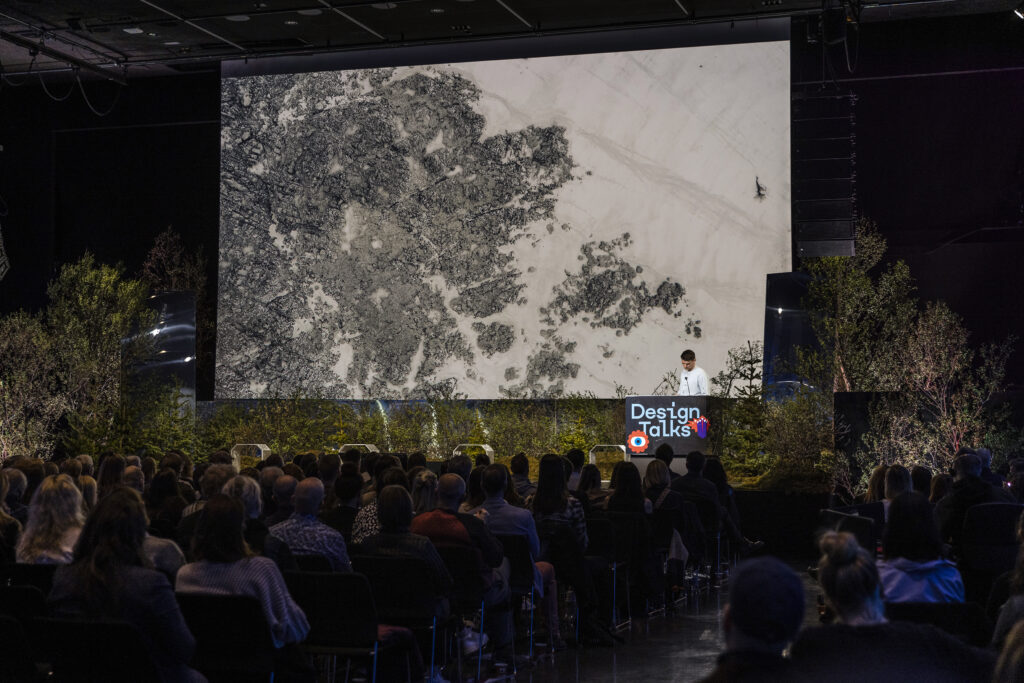
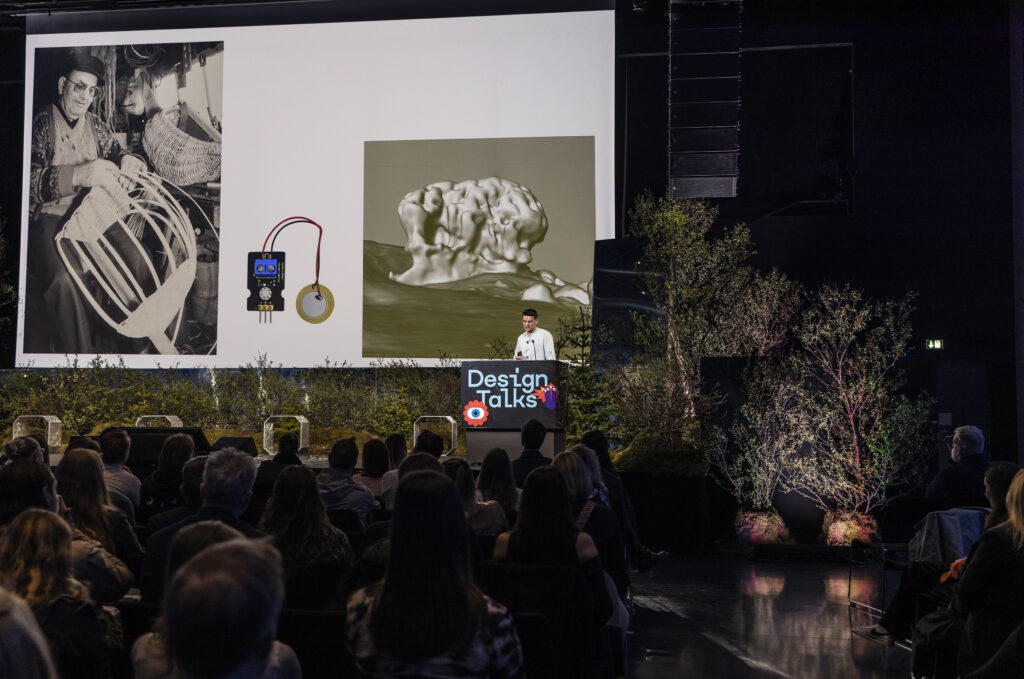
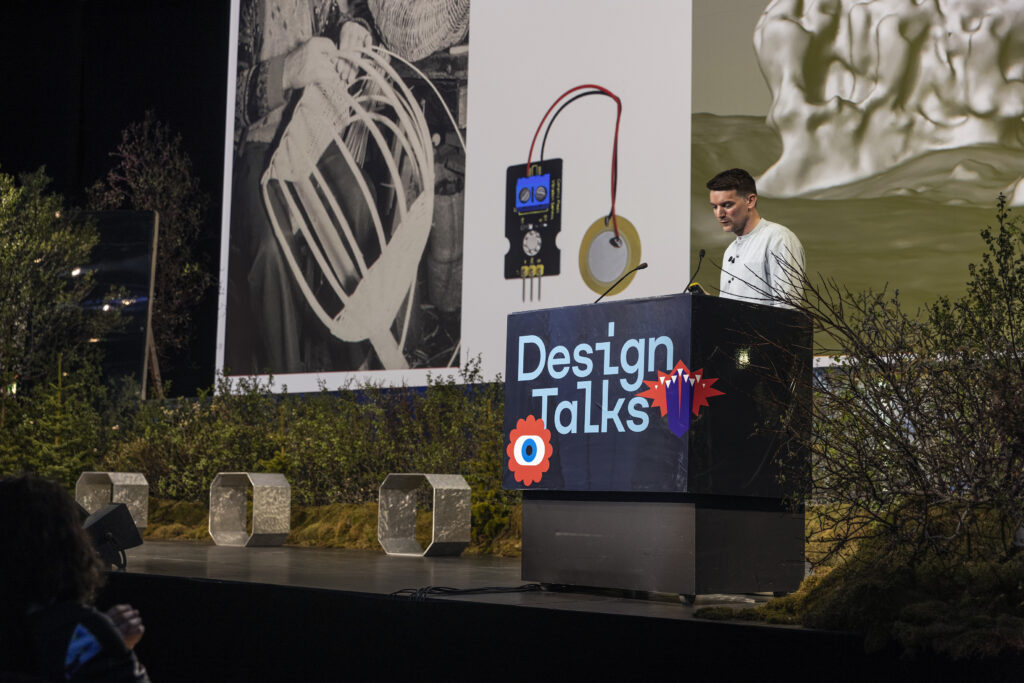
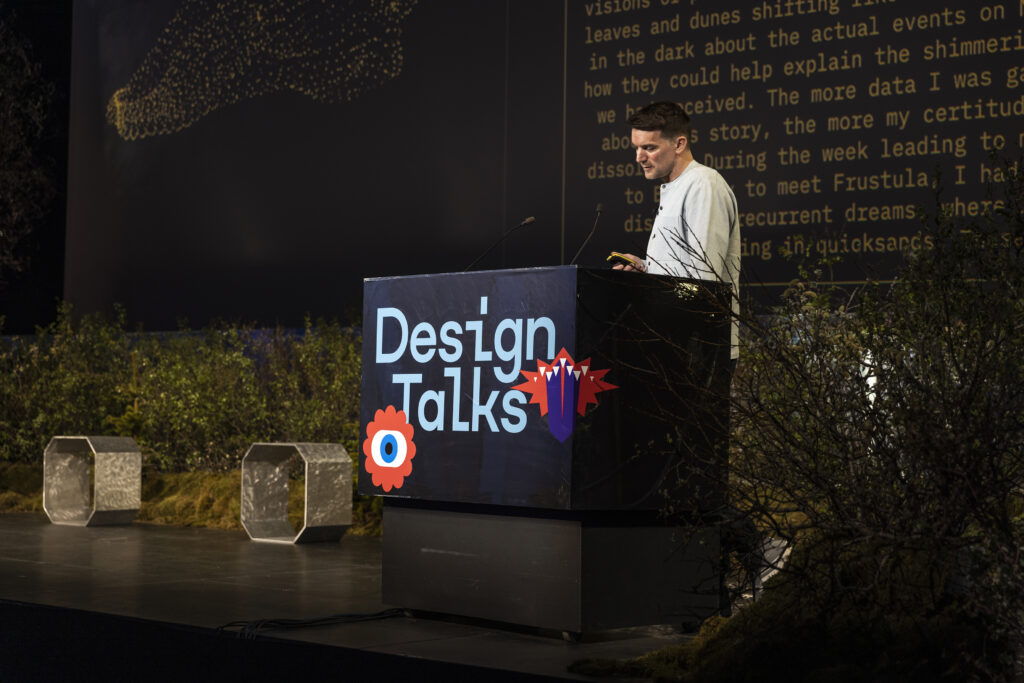
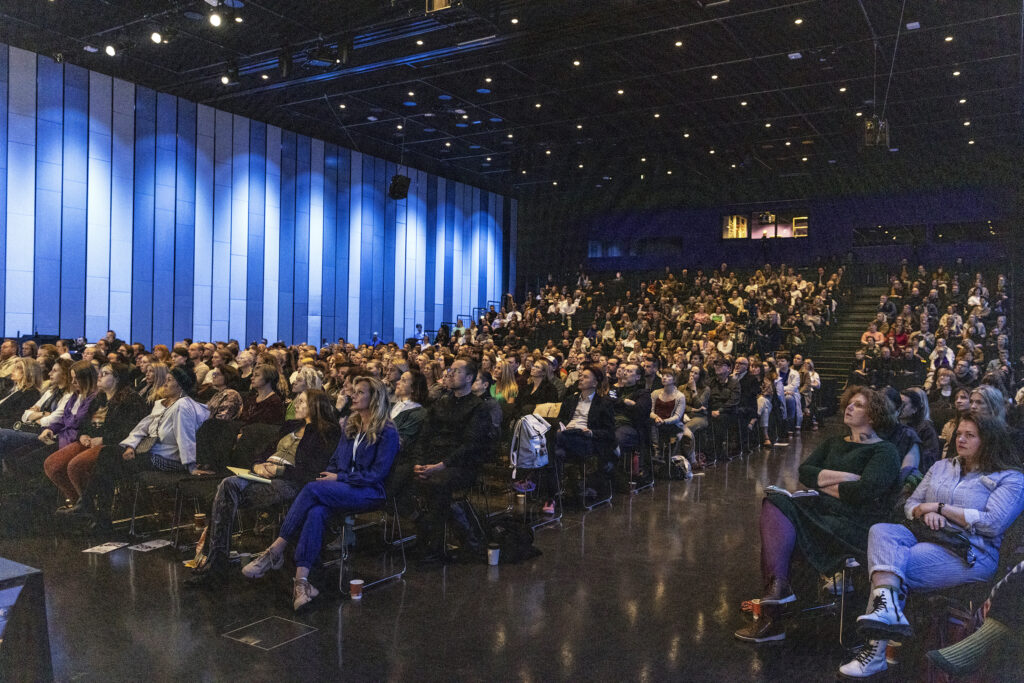
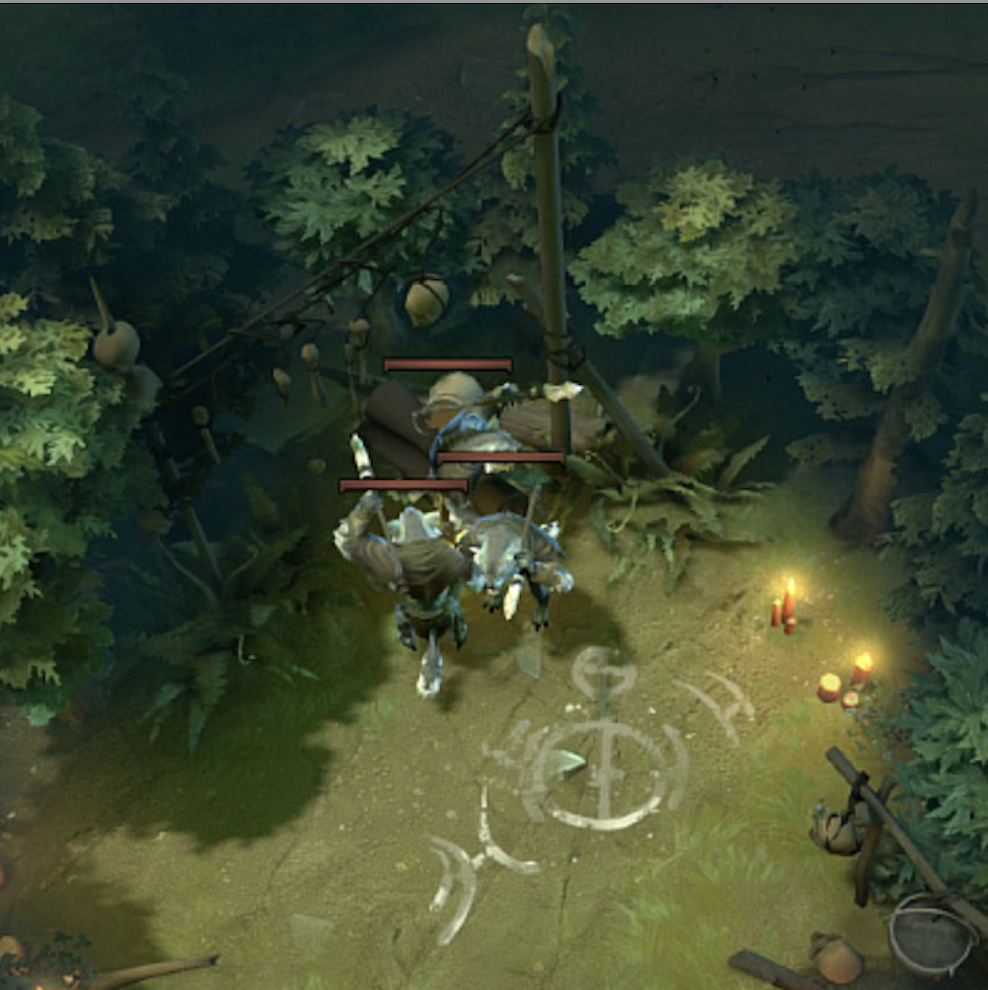
NO PALM IS AN ISLAND @ CRITICAL MEDIA LAB BASEL
No Palm is an Island investigates the Commons through the lens of environmental and media studies.
A dynamic review of iconographies and media related to specific ecosystems will form the ground for a topical discussion about shared resources, rights and modes of governance in de-centered landscapes including humans, non-humans and synthetic forms of life.
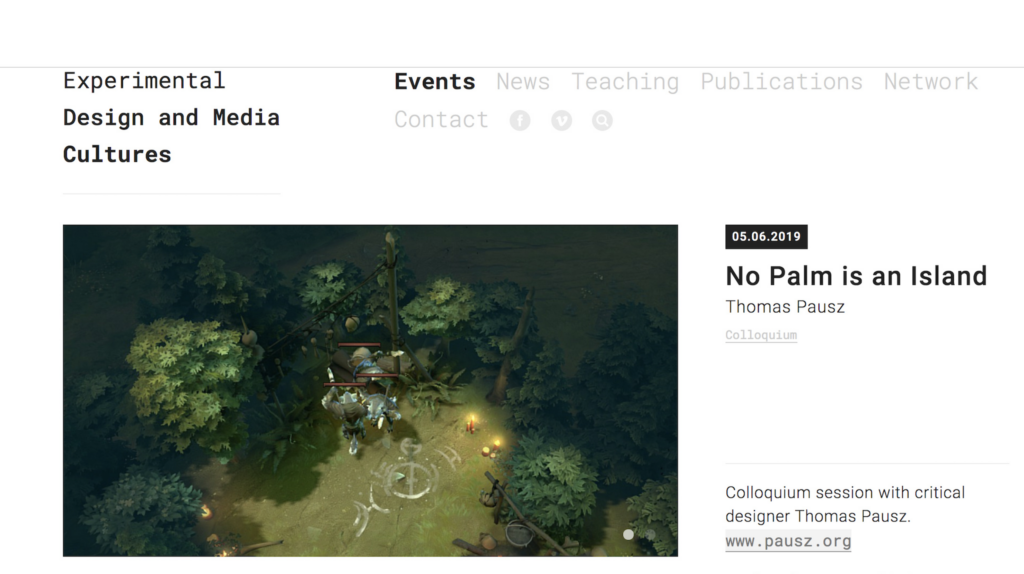
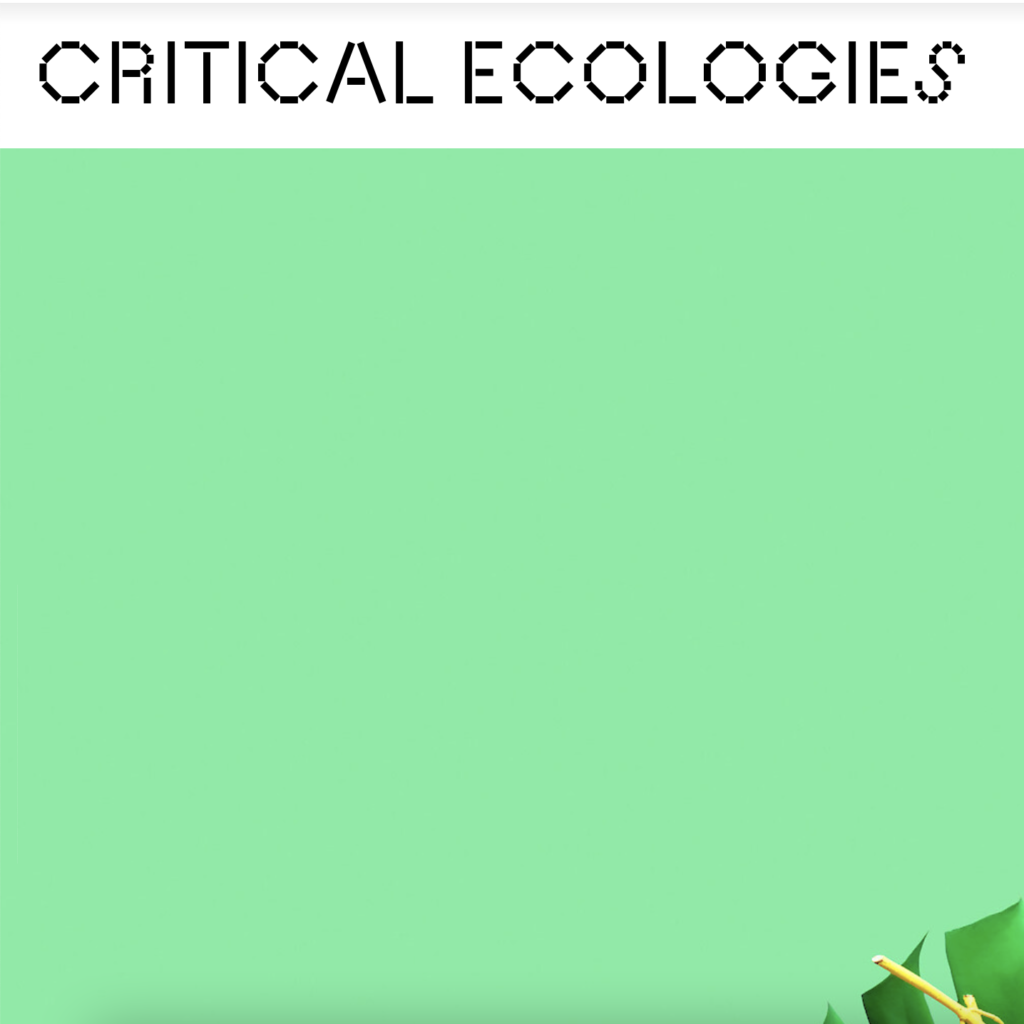
VOLATILE GROUNDS @ CRITICAL ECOLOGIES NETWORK
CRITICAL ECOLOGIES: VOLATILE GROUNDS @ SHARED CAMPUS
Wednesday 18 May 2022, 5.30-7.00pm
This session explores disaster, resilience and survival in devastated landscapes and the role of speculation and storytelling in the making of new worlds. With Uta Reichardt ad Thomas Pausz:
And the earth shock, and the rocks were split
Resilience research through storytelling: a case study in Japan.
Referred to as acts of God, ‘natural’ disasters shake a community’s world to the core. With god-like force, they pull the physically and social rug from under their feet. In order to find a new balance, survivors need to recentre and reconsider in the changed environment.
In this talk, Dr. Uta Reichardt will talk about her research on resilience and coping after disasters, based on a series of coffeeshop interviews with survivors and volunteers in the aftermath of the Great Eastern Japan Earthquake and Tsumani in 2011. In those public, yet personal settings, she documented ways in which art & culture helped them and their communities find their stand again after the biggest earthquake ever recorded in Japan.
–
Making New Land
An essay in biology-fiction by Thomas Pausz set in a near future, where the oceans have disappeared.
In these devastated landscapes, a first-person narrator investigates unsolved biological enigmas on Earth and on Mars. In the footsteps of a fictional group of Anarcho-botanists called Sea for Space, the story alternates a melancholic longing for the beauty of intertidal and coastal lifeforms with futuristic visions of new species engineered by humans as new companions. The scenario explores archetypal figures of plant-human coexistence: from the botanical gaze to a nostalgic longing for connection, and from the hubris of genetical engineering to the dream of a post-humanism communion with the vegetal.
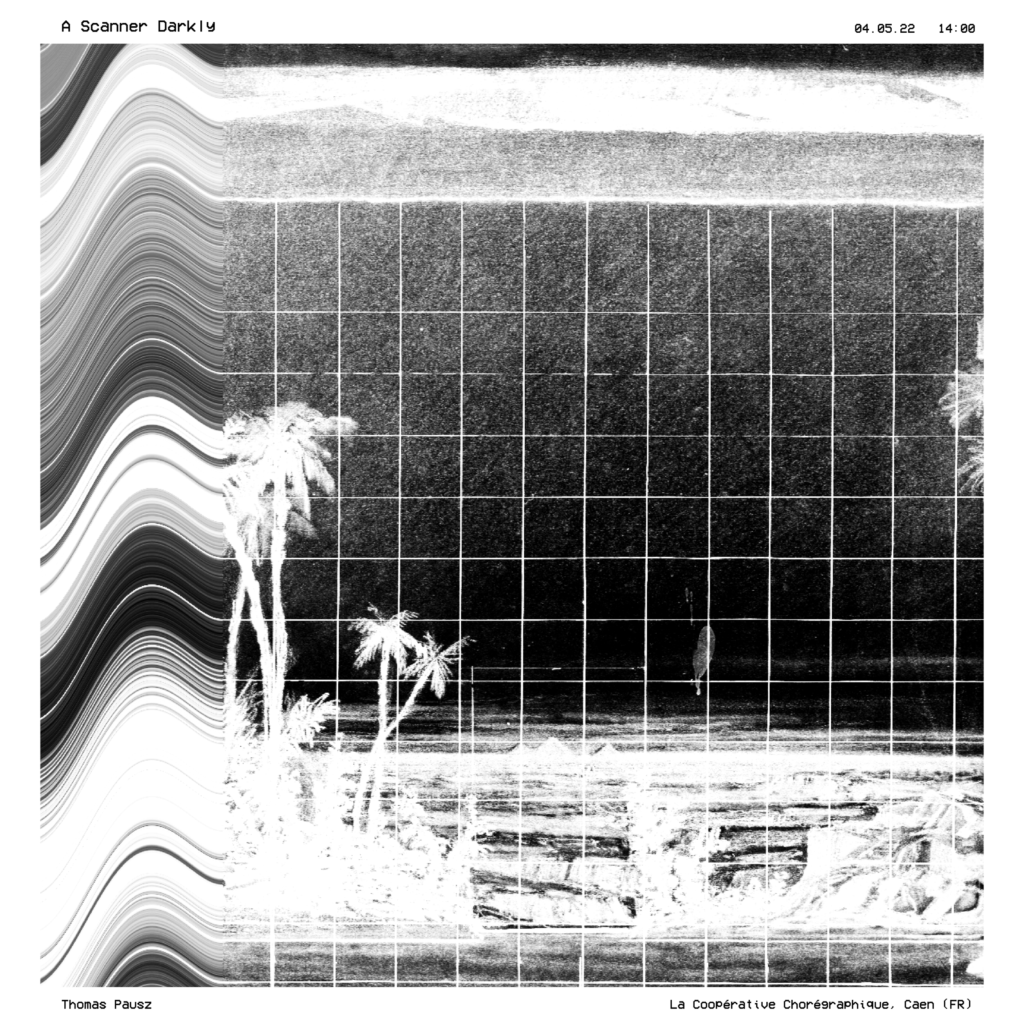
A SCANNER DARKLY @ AMBIVALENCES/MUTATIONS OF THE LIVING
@AMBIVALENCES, MUTATIONS OF THE LIVING
LA COOPERATIVE CHOREGRAPHIQUE, CAEN (FR)
04.05.22
As a first public discussion in the frame of my ongoing residency at the Laboratoire Modulaire, I am participating in the colloquium Ambivalences: Mutations of the Living. A Scanner Darkly will combine interventions by artists and media researchers reflecting on ´data doubles´of nature.
With: journalist Pauline Briand, researcher Claire Chatelet, artist Thibaut Brunet and media artiste and member of the Laboratoire Modulaire Bérénice Serra.
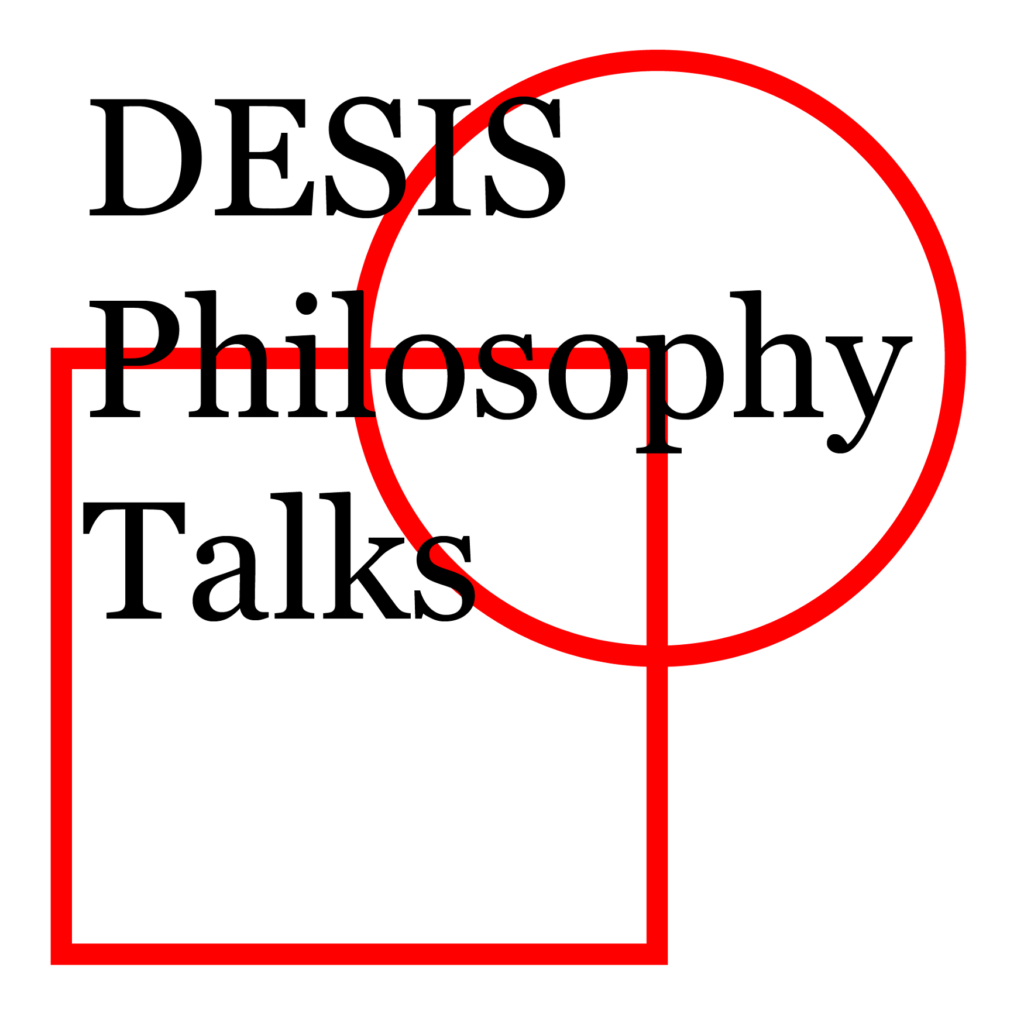
COSMOPOLITICS OF NATURE @ DESIS PHILOSOPHY TALKS
DESIS PHILOSOPHY TALK #7.7
THE POLITICS OF NATURE SERIES: MORE-THAN-HUMAN FUTURES
ADAM NOCEK / DELFINA FANTINI VAN DITMAR / THOMAS PAUSZ / ANAB JAIN / RACHEL ARMSTRONG
15.06.22
4 – 6.30pm CEST
Campus Durando. Building B1 – Room Castiglioni, 3rd floor
Via Durando 10, 20158 – Milano
Facing the Anthropocene for designing today means not only to recognise where design works as a de-futuring dispositive, but also where designing can prototype different ways of living (well) together and help to think and act otherwise, learning to care for one another. For design to step beyond anthropocentrism and become a (reflective) practice of care – working in a way that makes the same possibility of a future possible – we designers need to be aware of the epistemological paradigm we engage with, and look for/contribute to form a conceptual framework that deep engages with care, and step back from the anthropocentric, dichotomic, Western-centric, patriarchal one-world image from which design as deterring derives.
To prototype different ways of living (well) together, we first need to envision alternatives, possibilities of multispecies coexistence, where there is a careful inter-action between all actors (humans but also more-than-human ones). Designing’s ability to open up alternatives and make them viable is pivotal for designing in a non-anthropocentric way. It is currently becoming more and more clear that to show alternatives, crafting visions of futures where multi-species coexistence is made tangible, has a key role for designing today. What we are also becoming more and more aware of is its political character. This is particularly the case for those design experimentations which deal in a conscious way with designing’s political agency – such as for instance those belonging to the traditions of design for social innovation and participatory design, aiming at including citizens to collaboratively contribute to the construction of a common world. Crafting futures can there have a pivotal role in opening up the social imagination and go beyond the idea of the future as being on the one side a mere continuation of (the mistakes of) the past, on the other side a singular, univocal, objective idea of “one” future. In a world where many world projects fit, we need an idea of future that is open, Pluriversal and patchy enough to fit many visions of futures. This exercise of stretching the social imagery is necessary to enable active citizens caring for one another and for their own environment, so continue to the construction of a word common to many. This makes of futures a key player for designing politically today, in a way that not only enables the co-creation of a common word, but also of a common world common to many world-making projects (both human as well as more-than-human ones). Considering this (cosmo)political agency is probably one of designing’s more consistent challenges facing the Anthropocene. To design futures from a non-anthropocentric perspective can therefore be pivotal in many and different kinds of design experimentations aiming to work politically, and yet willing also to consider politics beyond the solely human realm. We are all entangled. Futures can enable us to acknowledge this entanglement and support us to act (politically) from this awareness.
And yet, what does it concretely mean to designing futures from a non-anthropocentric perspective? If the anthropocentric, Western-centric, dichotomic epistemological framework from which design as de-futuring has been originated ought to be critiqued, which other epistemological frameworks are needed to imagine designing otherwise? Which philosophical concepts can help us to step and design beyond anthropocentrism?
Adam Nocek will start the conversation by questioning design as de-futuring, thus also its patriarchal, Western-centric, anthropocentric epistemological framework and its politics and investigating possibilities for designing within other epistemological frameworks and the (cosmo)politics they involve. During this DESIS Philosophy Talk, designers working with futures and consistently dealing with the (cosmo)politics of their work, will address the (cosmo) political agency of designing futures, and investigate both their epistemological frameworks and well as their transformative, regenerative potential for our present world. Anab Jain, Delfina Fantini von Ditmar, Thomas Pausz and Rachel Armstrong will explore how in their work they question the current epistemological design framework and look for alternative ones, and the politics they involve.
Join our conversation offline or online!
16:00 – 16:10 Welcome and introduction
16:10 – 16:40 Adam Nocek (in presence)
16:40 – 16:45 Philosophical questions
16:45 – 16:00 Delfina Fantini von Ditmar (streaming)
17:00 – 17:15 Rachel Armstrong (streaming)
17:15 – 17:30 Thomas Pausz (streaming)
17:30 – 17:45 Anab Jain (streaming)
17:45 – 18:30 Open discussion
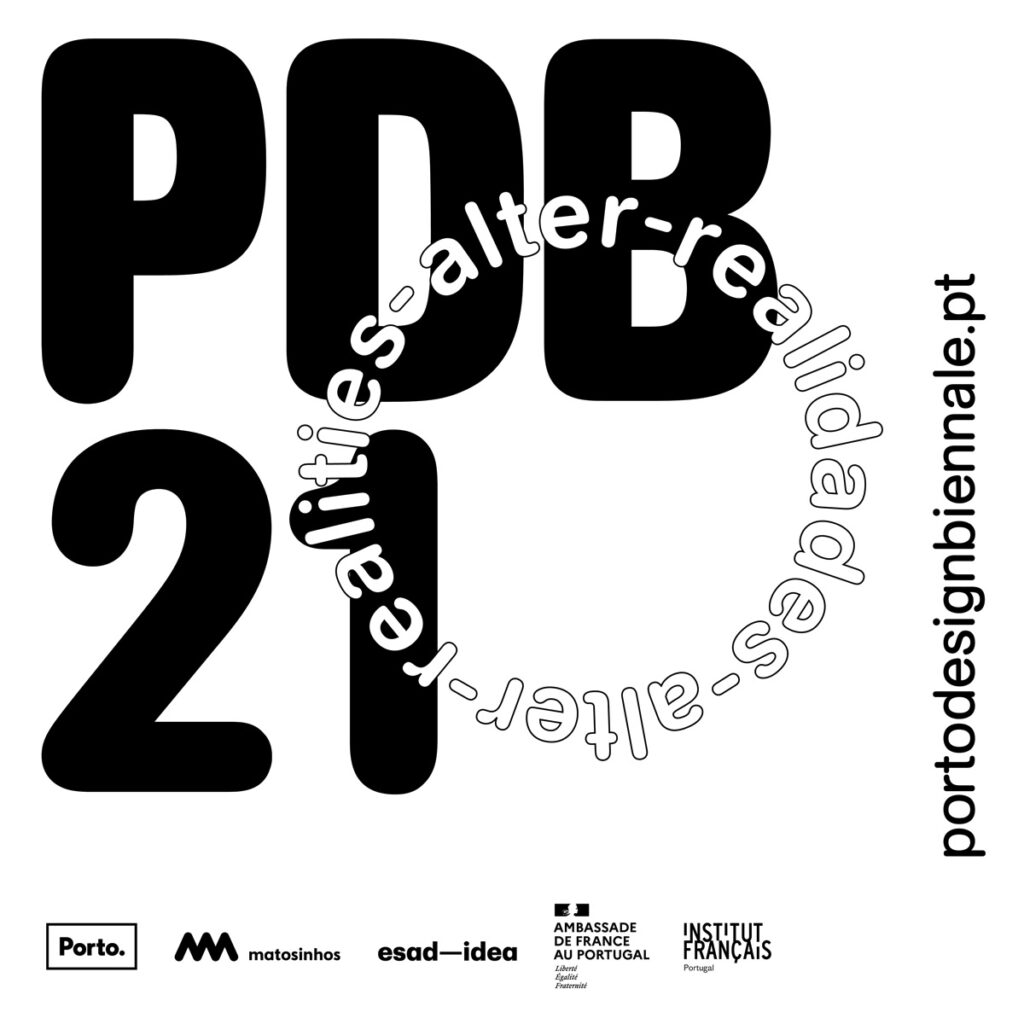
AMPLIFYING ECOSYSTEMS @ PORTO DESIGN BIENNALE
My participation in the Porto Design Biennale Friday Colloquia ´More-than-human Ecologies´curated by Alastair Fuad-Luke. My text will be published in the upcoming book Post-Normal Design by Onomatopee.net.

WORLDING DESERTS @ CINE LUMIERE LONDON
How do we interact with the environment, landscape and other species? Using different processes and digital tools, French critical designer Thomas Pausz and English digital artist Owen Hindley create ‘immersive ecosystems’.
How do we interact with the environment, landscape and other species? Using different processes and digital tools, French critical designer Thomas Pausz and English digital artist Owen Hindley create ‘immersive ecosystems’. The screening will be followed by a Q&A with the public.
With
Thomas Pausz, Designer
Owen Hindley, Digital Artist
Chaired by Nina Salomons, XR Creative and Filmmaker

EDIBLE FUTURES @V&A FRIDAY FORUM
This Friday Forum explores current research, new technologies and innovative design projects that are shaping and reimagining the food industry and the food we eat. Through a series of inspiring talks, you will meet scientists, designers, artists and chefs anticipating challenges and leading projects for change. From genetic modification to experimental cooking, you will discover how the future of food is a place where art and science meet.
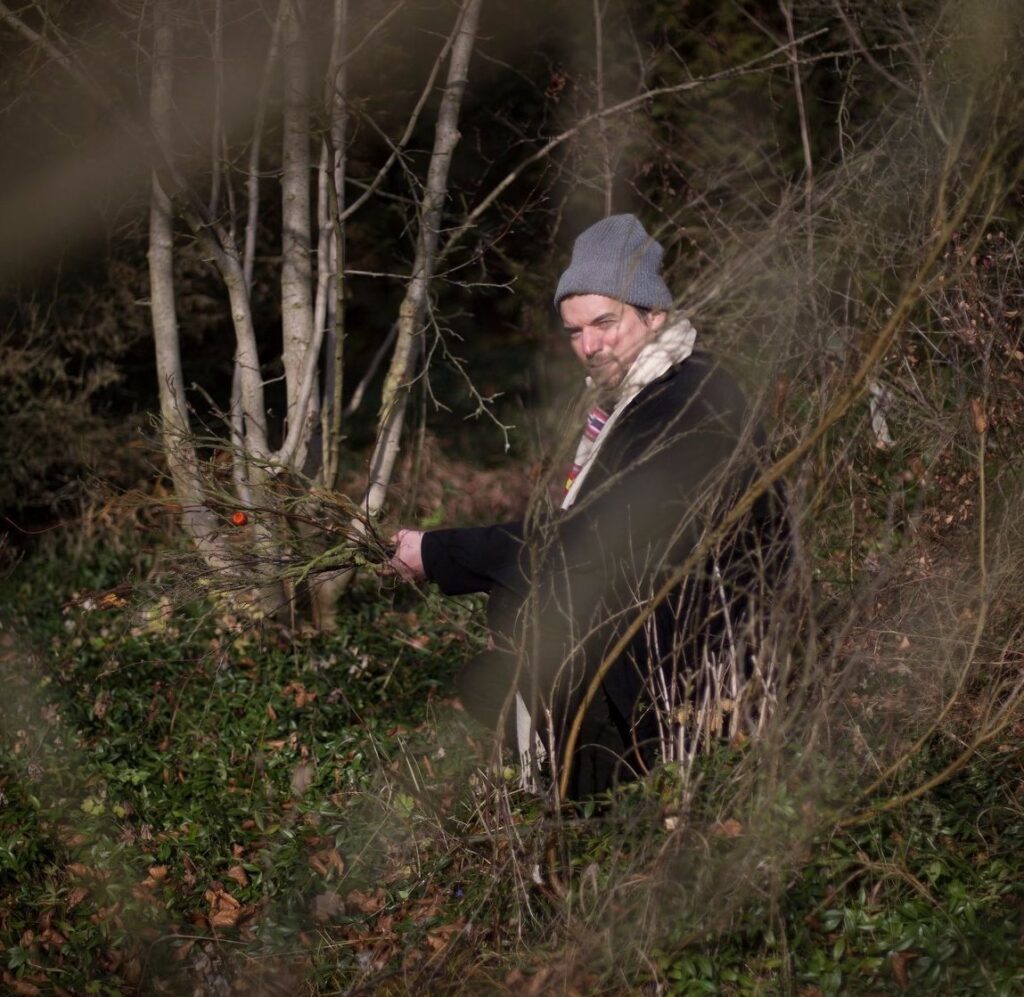
PLANTS ARE THE BLIND MEDIUM @ AVU PRAGUE
In the lecture Thomas will discuss recent and ongoing projects dealing with the topics of human interventions in ecosystems, and dialogues with non-human agencies with references to media studies and contemporary environmental philosophy.
Thomas Pausz’ interdisciplinary studio creates scenarios for collaborations between human and non-human life forms. In Pausz´ ecosystems, environmental and biological conditions are re-negociated through carefully designed interventions and a new symbiotic imaginary . Pausz is actively engaged in collaborating with life scientists in the areas of Botany, Chemical Ecology and Marine Biology, as well as contemporary environmental philosophers defining ethical codes for interspecies futures.